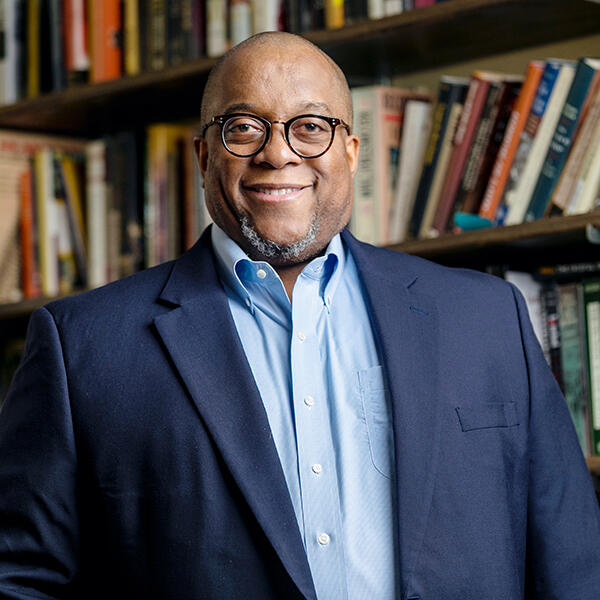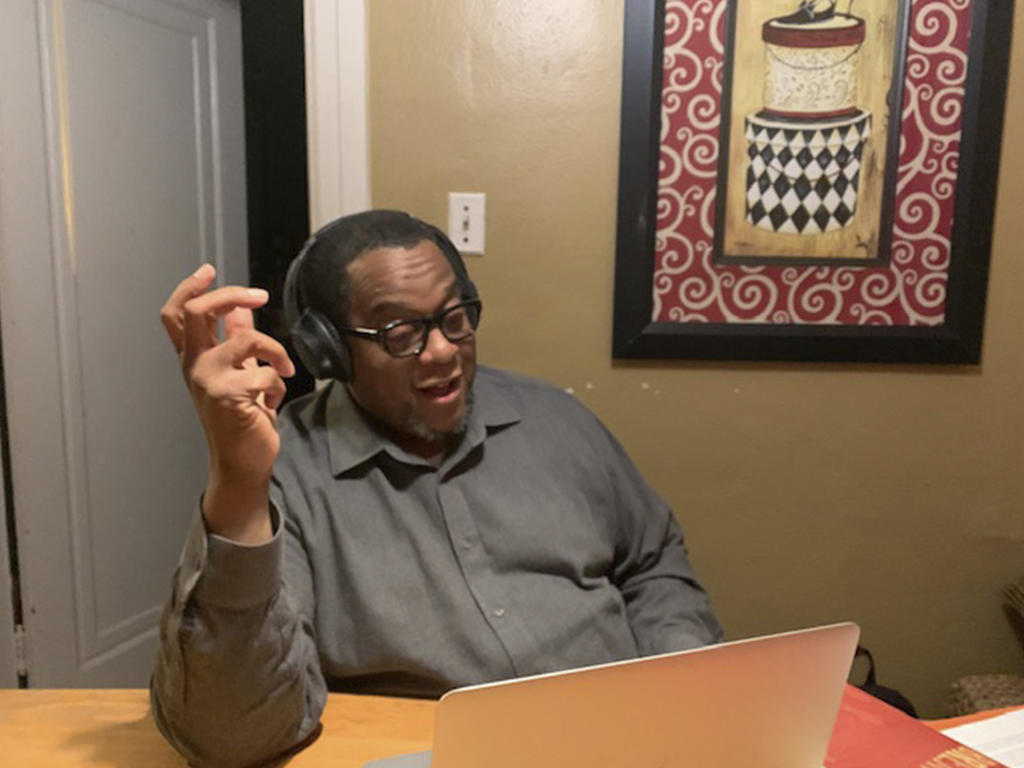
One of the things we historians are always going on about is how the intentional exploration of the past can be an indispensable way to understand the present. All of our history—and I do mean all of it—can be used in the purpose of creating a more comprehensive vision of the moment in which we find ourselves. An analysis of significant historical moments—whether it be a booming economy, a war, a long-forgotten cultural fad, or a pandemic—can yield powerful reminders of how people in earlier periods navigated the perils and prospects of their times.

Learning in the midst of a global pandemic presents us with a serious challenge. How exactly does one study and remain engaged in academic pursuits when the barriers to doing so can be so daunting? How do we navigate the disruption to our lives? As a student of African American History, I can think of a few places in the past we could travel to in order to get some clarity on this question. Let’s dash back to the middle of the 19th century and watch as African Americans across the South secretly learned to read in a time when doing so was against the law. Then, let’s move forward in time a bit and watch as another generation of students navigate titanic educational inequities. Sadly, there are any number of times and places we could visit to witness how students and their families struggled to continue their educational pursuits in the wake of natural disasters – disruptions that changed everything in an instant.

Every time my courses come together, whether in a zoom class or on a blog, I am reminded of the resilience, brilliance, dynamism and determination that connects my students with students of bygone eras who’ve faced challenges to their education. Together, we’ve created an educational space that honors the reality of the moment, and continually seeks to move forward in the “new normal.” We’ve worked hard to cultivate what I like to call an intimate intellectual odyssey, and it is that intimacy—knowing that we have each other’s best interests in mind—that also helps us create the spaces where we can thrive. This intimacy, a closeness and an investment in our students’ well-being, lies at the heart of the academic community at Rhodes. In the midst of all the challenges and obstacles we’ve had to navigate, the one thing I did not have to worry about was how to build relationships with my students that could withstand a catastrophe. We began that work on the first day of the semester, just after I handed out the syllabus.

Dr. Charles McKinney is the Neville Frierson Bryan Chair of Africana Studies and an associate professor of history. He specializes in African American history in the 20th century, particularly the Civil Rights era, and has written extensively on the Black freedom struggle in Memphis and across the United States.
